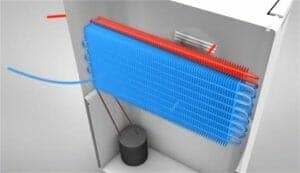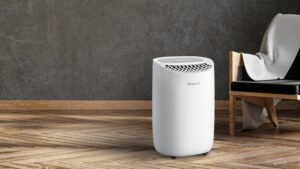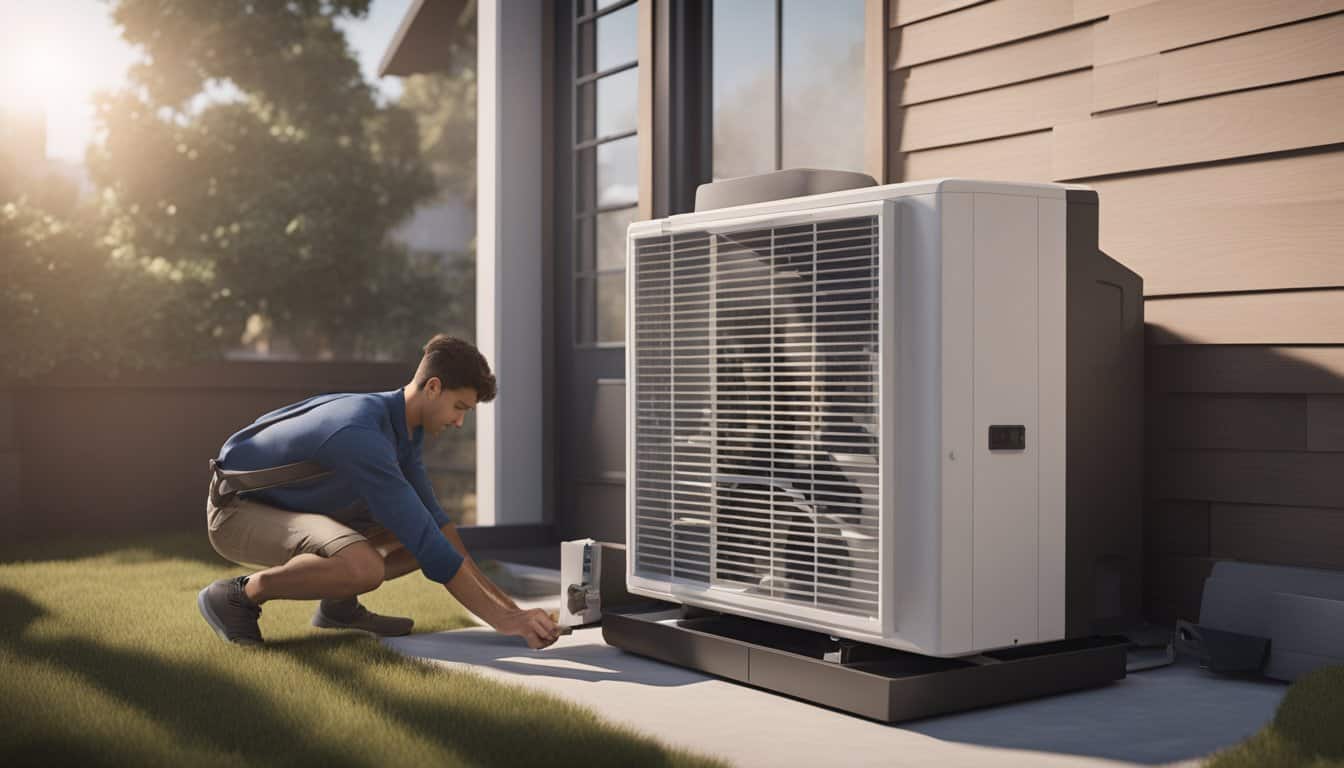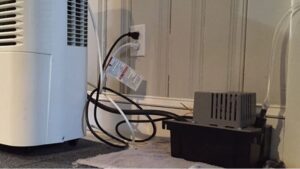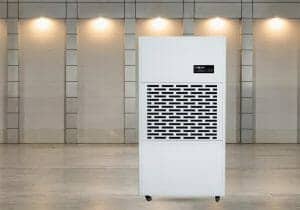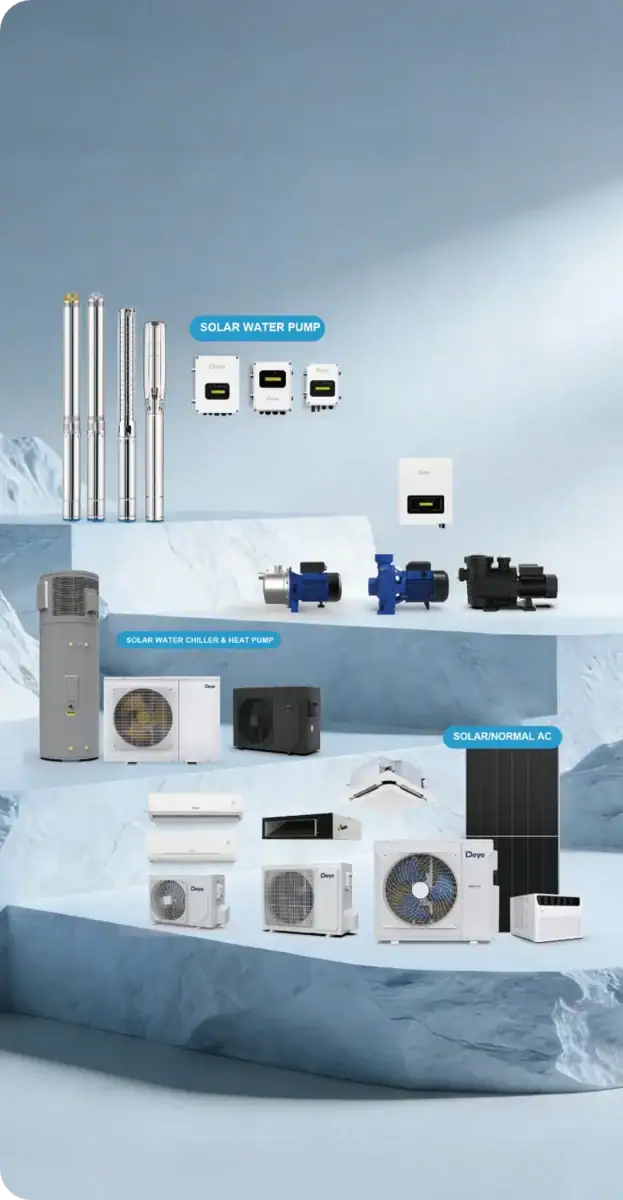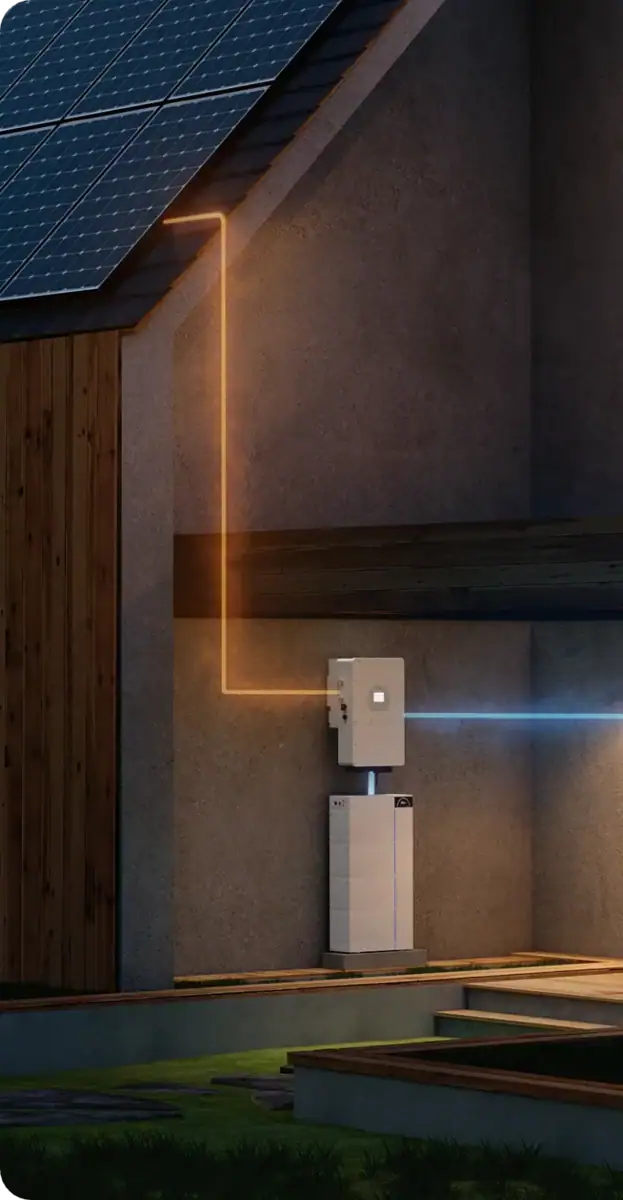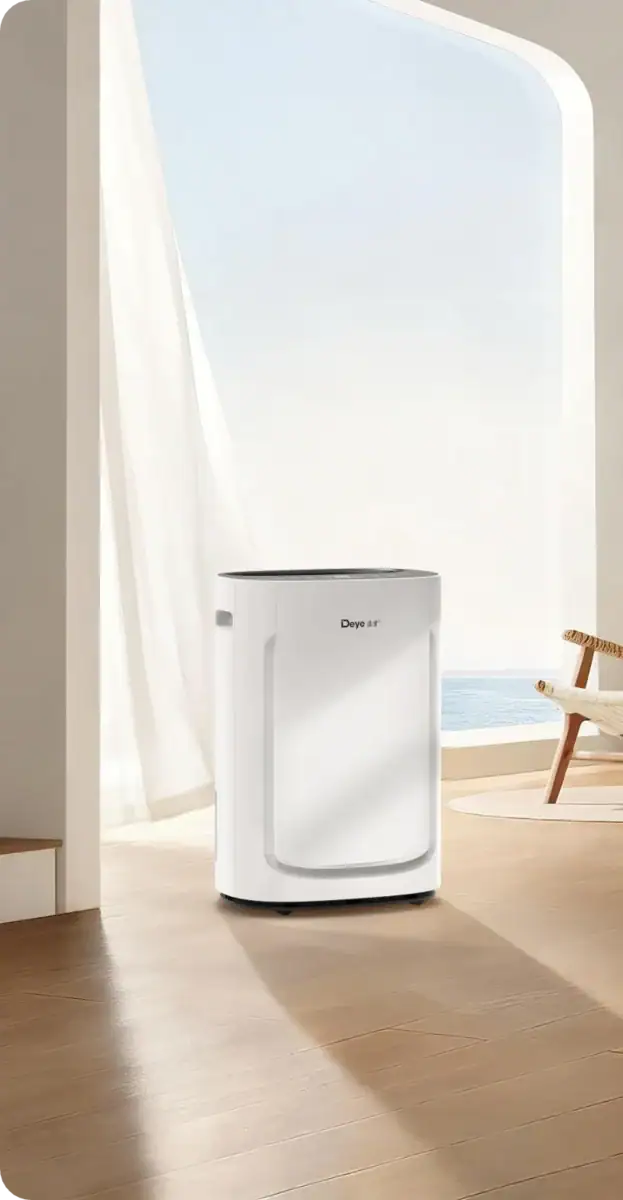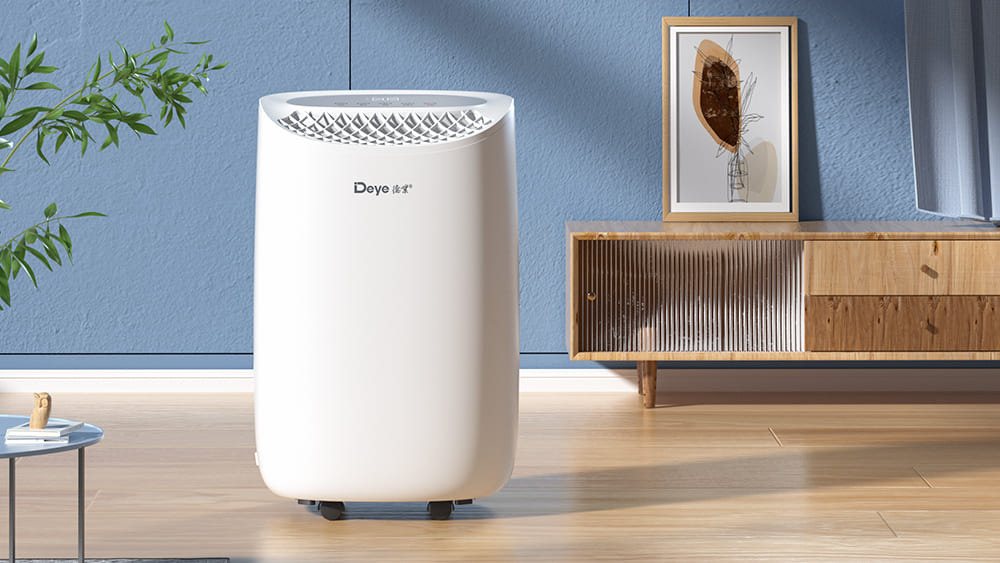
Key takeaways
No, the water collected from a dehumidifier is generally not considered safe to drink without proper filtration and treatment.
While the condensed water is initially pure because it leaves behind impurities when evaporating into the air, it can quickly become contaminated in the dehumidifier’s collection tank. The tank provides a hospitable environment for bacteria and mold growth if not regularly cleaned.
The water is comparable to distilled water in purity when first condensed. However, distilled water also lacks minerals, which gives it a flat taste compared to tap water, which contains local minerals. So even if dehumidifier water was kept clean, it would not be ideal to drink.
Additionally, dehumidifier components like the cooling coils and tank can harbor dirt, dust, and microorganisms that contaminate the water. Without a way to hermetically collect the condensate in a sterile container, some filtration and treatment like boiling would always be needed before drinking.
How Does a Dehumidifier Work?
Your dehumidifier operates by drawing in humid air and passing it over cooled coils. This process causes water to condense out of the air and collect in a bucket or drain away. Here’s a simplified breakdown:
- Humidity Entry: The fan pulls in moist air from the room.
- Condensation: As air passes over the cold coils, moisture condenses into water.
- Collection: The water drips into a bucket or reservoir.
Through this mechanism, dehumidifiers help maintain a more comfortable and healthier indoor environment by reducing the overall level of humidity.
Why Water from a Dehumidifier is not Safe to Drink?
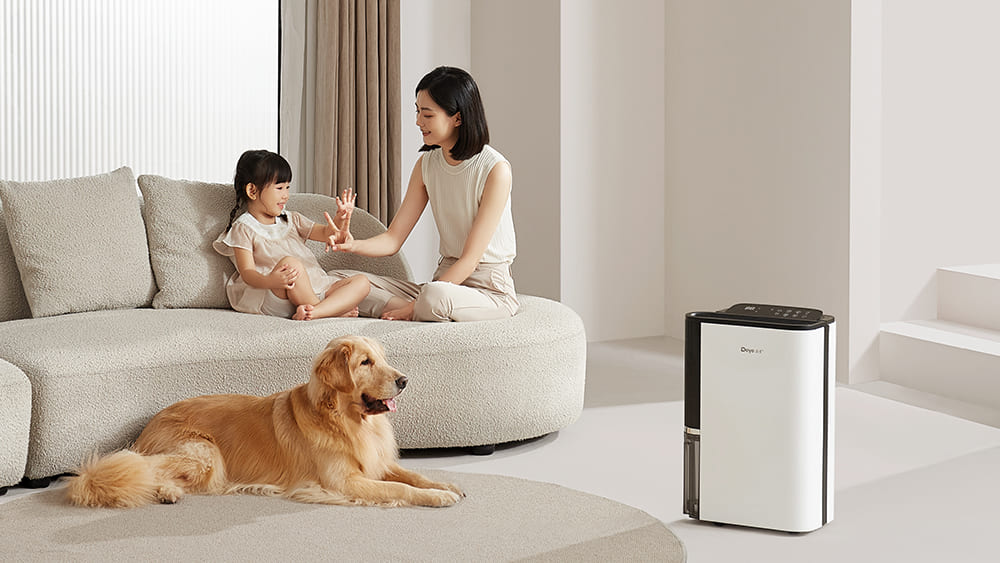
A dehumidifier collects water from the air, and the water is pure and clean, but you shouldn’t drink it because it includes other things, like dust, which may be harmful to your health.
Lack of Sanitation
Dehumidifiers are not designed to collect drinking water in a sanitary manner. The collection tanks and coils can harbor bacteria, mold, dust, and other contaminants from the air that end up in the collected water.
Potential Contaminants
The water may contain trace amounts of metals like lead or copper that have leached from the dehumidifier components. These metals can be harmful if ingested.
Bacterial Growth
The standing water in the dehumidifier tank provides an ideal breeding ground for bacteria and microorganisms if not cleaned regularly. Drinking this contaminated water can make you sick.
No Purification
Unlike distilled water, which is boiled to remove impurities, the water from a dehumidifier does not go through any purification process to remove potential contaminants.
Damage Mineral Imbalance
Dehumidifier water is essentially distilled and lacks essential minerals that our bodies need from drinking water. Drinking large amounts of distilled water can disturb the electrolyte balance in the body.
What Will Happen If I Drink the Water by Accident?
If you accidentally drink a small amount of dehumidifier water, there will be no serious consequences. Depending on the level of contamination, it may cause stomach upset, diarrhea, or vomiting.
However, ingesting large amounts or repeatedly may cause more serious health problems due to bacteria, mold, lead, or other contaminants present in the water.
In short, it is best to avoid drinking the water in the dehumidifier. If you think it is not good to waste the water, don’t worry; the water is more suitable for other purposes.
Where Can You Use the Water?
- Watering Plants: The water from a dehumidifier is great for watering indoor and outdoor plants, except for plants you plan to eat. The water is essentially distilled, so it lacks minerals but is free of chlorine and other chemicals found in tap water that can damage some plants.
- Flushing Toilets: You can pour the dehumidifier water directly into the toilet bowl (not the tank) to help flush the toilet. This conserves clean drinking water.
- Cleaning: The water can be used for mopping floors, washing windows, cleaning surfaces, or washing cars. Just be cautious about using it on anything that may go in your mouth, like dishes.
- Laundry: For top-loading washing machines, you can use dehumidifier water as the initial fill water for the wash cycle.
- Steam Irons: The lack of minerals in dehumidifier water makes it ideal for use in steam irons, preventing mineral buildup.
However, you should never drink dehumidifier water or use it on edible plants, as it may contain bacteria, mold spores, dust particles, and trace metals from the dehumidifier coils.
Always use fresh water for consumption and cooking. Regularly cleaning the dehumidifier tank is also recommended when reusing the water.

